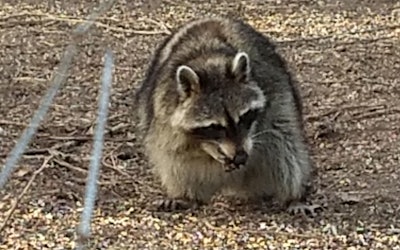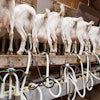
The first cases of highly pathogenic avian influenza (HPAI) of the H5N5 serotype have been confirmed in mammals in Canada.
A report from the World Organisation for Animal Health (WOAH) stated that two raccoons were found dead near Charlottetown, Prince Edward Island. Samples from both raccoons were tested at a national laboratory, using both gene sequencing and real-time reverse transcription polymerase chain reaction testing. Those tests showed that both animals had contracted an H5N5 strain of HPAI, with the virus containing wholly Eurasian genome segments.
The cases were confirmed on May 19.
According to the WOAH report, the only other confirmed cases of H5N5 to be reported in Canada occurred in wild birds in Prince Edward Island and New Brunswick. Neither of those two provinces have had any cases of HPAI in commercial poultry, nor has Newfoundland and Labarador, where the first case of HPAI during the current outbreak was confirmed in birds at an exhibition farm.
Prior to these two cases involving raccoons, all other detections of HPAI in Canadian mammals have involved the H5N1 serotype.
Meanwhile, there have been no new cases of HPAI in Canadian commercial poultry flocks since May 6, when it was confirmed in Les Maskoutains Regional County Municipality, Quebec.
To learn more about HPAI cases in commercial poultry flocks in the United States and Canada, see an interactive map on WATTPoultry.com.


















